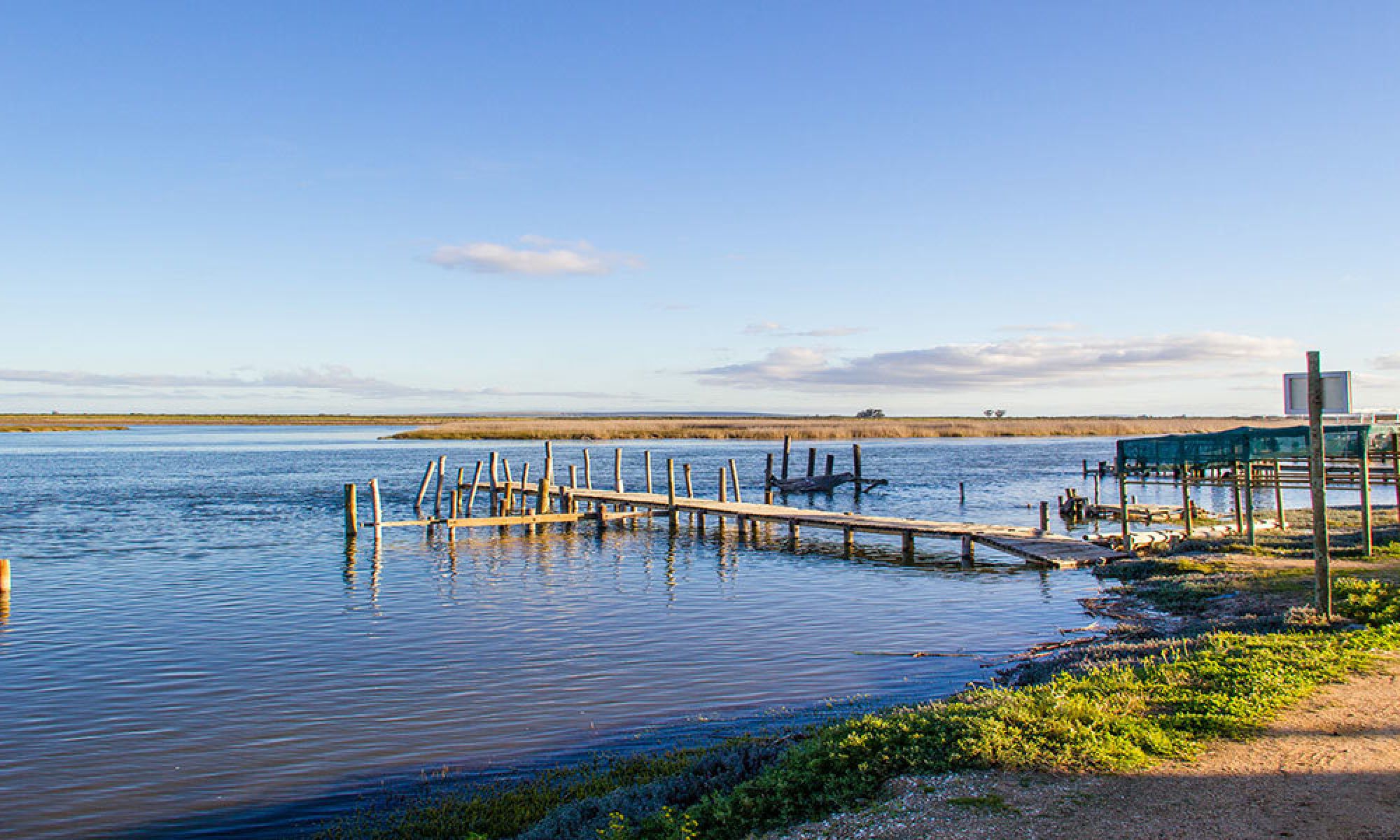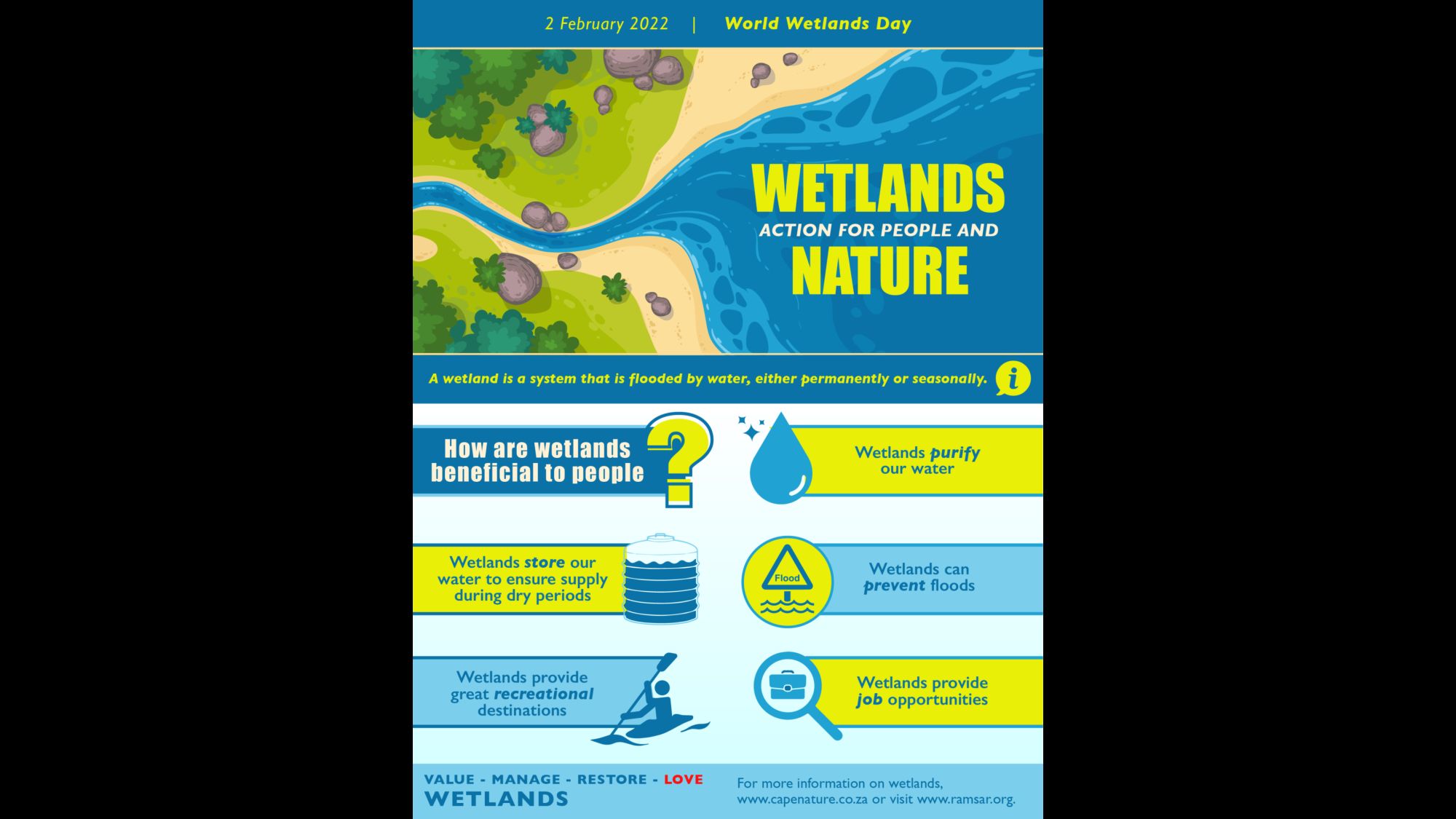
CapeNature celebrates World Wetlands Day 2022 in anticipation of the official Berg River Estuary Ramsar site declaration
World Wetlands Day is recognised throughout the world on the 2nd
of February each year. This special environmental calendar day marks the signing of the Ramsar Convention on Wetlands, an intergovernmental treaty with the mission to conserve wetlands.
It is also the first year the day will be observed as a United Nations International Day. The theme for 2022 “Action for People and Nature” highlights the importance of actions that ensure that wetlands are conserved and sustainably used. It is an appeal to invest financial, human and political capital to save the world’s wetlands from disappearing and to restore those that have been degraded.
This year, CapeNature celebrates a special World Wetlands Day in anticipation of the Berg River Estuary imminently being declared as a Ramsar site. By receiving Ramsar status, a wetland receives national and international recognition as a site of ecological importance which supports improved conservation action. The Berg River Estuary also forms the core conservation area of the West Coast Biosphere Reserve. All these different conservation layers or fields are used to complement each other and the Ramsar site management authority.
Dr Razeena Omar, CapeNature CEO, is proud of the work done by the entity as the management authority of the Berg River: “The conservation of ecosystems and species are dependent on the balance between freshwater and marine water from the ocean entering the estuary. To date, this balance has been maintained, so much so that the overall site has been recognised for its exceptional value in terms of ecosystem and species diversity. The Ramsar site declaration is effectively a global recognition of this.”
World Wetlands Day brings together communities and partners to celebrate these powerful ecological systems. This speaks directly to this year’s theme “Action for people and nature”. Wetlands in general can provide food, areas to sustainably harvest weaving materials, tourism opportunities, opportunities to create a local economy, recreation and often are places of spiritual and heritage significance.
CapeNature considers the conservation of wetlands a critical aspect of its conservation work. Some ways in which the public can also contribute to the protection of wetlands include, planting appropriate indigenous plants in natural areas, refraining from littering, making use of recycled products, abstaining from disturbing any indigenous animals in nature, using water sparingly and acting as ambassadors for wetlands within their communities.
For more information on Ramsar visit www.ramsar.org.





